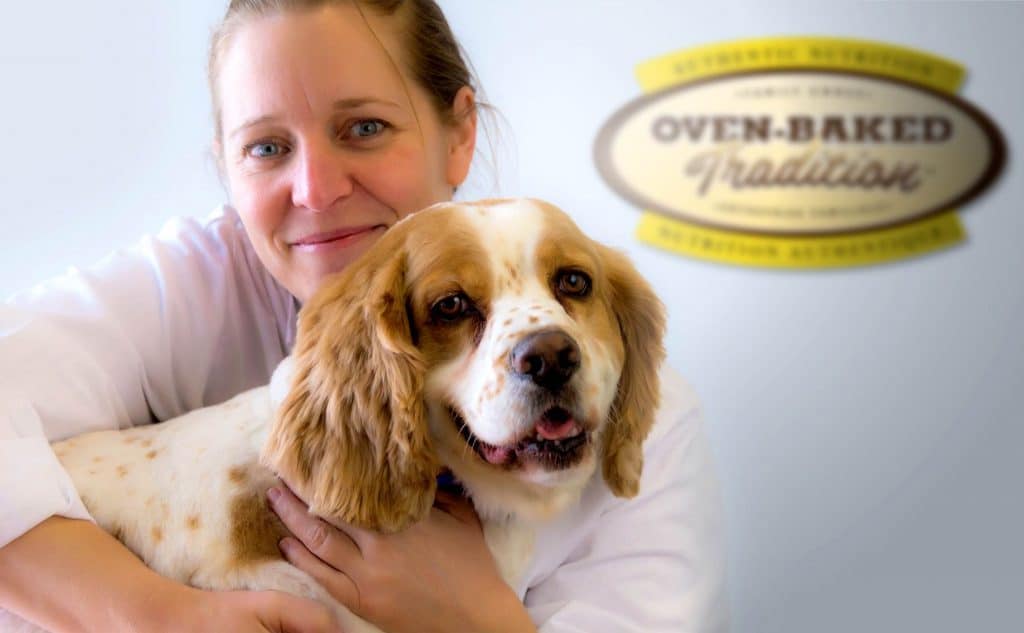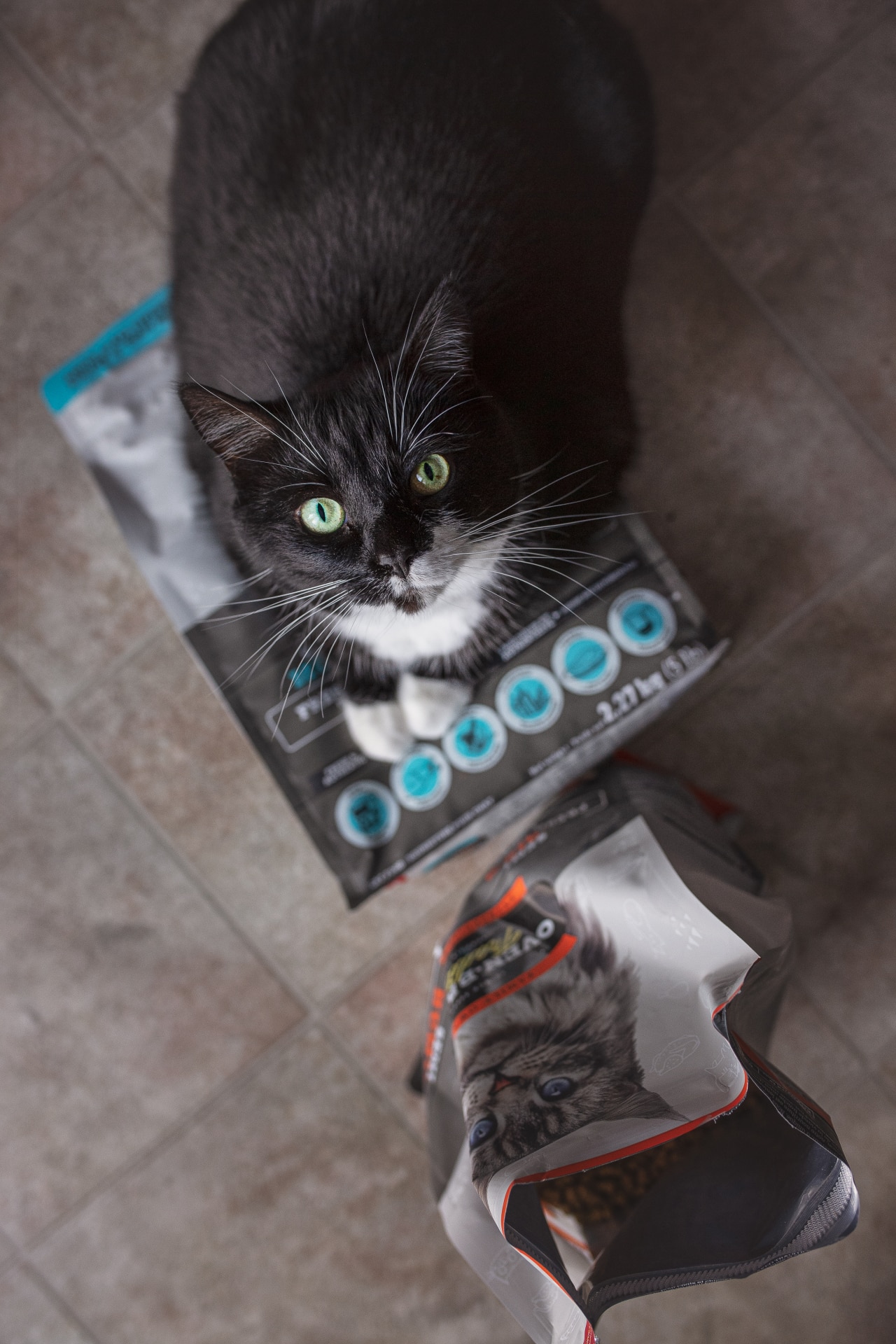By Sophie Lavallée M.Sc., Agr.

So how can you determine the effect of a pet food formula on your pet’s urinary pH? Simply look at the ingredients and guaranteed analysis found on the bag. Some ingredients help alkalinize (increase) urinary pH, while others help acidify (decrease) it. The following table is a helpful guide.
| Pet Food components | Effect on cat urine | ||
| Lowers the pH | Neutral | Increases the pH | |
| Carbohydrates | X | ||
| Fibre |
X |
||
| Fat | X | ||
| Protein |
X |
||
| Ash | X | ||
| Mineral oxide (e.g.: zinc oxide) | X | ||
| Carbonated minerals (e.g.: calcium carbonate) | X | ||
| Sulphated minerals (e.g.: magnesium sulfate) | X | ||
| Chlorided minerals (e.g.: potassium chloride) | X | ||
| Phosphate minerals (e.g.: monosodium phosphate) | X | ||
| Chelated minerals (e.g.: proteinate) | X | ||
Source: Aldrich, G., 20082
As mentioned, water is essential to the health and vitality of all living beings. It dilutes urine and helps prevent urinary tract problems. Giving your pet access to clean water and a balanced diet is the best way to promote an optimal urinary pH and to reduce urinary tract problems down the line.
We hope this information on urinary pH has been helpful to you. Feel free to contact us should you require further information.
References:
- Case, L.P., D.P. Carey, D.A. Hirakawa and L. Daristotle. 2000. Dietary management of urolithiasis in cats and dogs. Ln: Canine & Feline Nutrition : A Resource for Companion Animal Professionals, 2nd edition. Mosby Press p. 409-428
- Aldrich, G. Formulate feline diets for urinary tract health. Feedstuffs Vol. 80, No 53, December 29, 2008.

